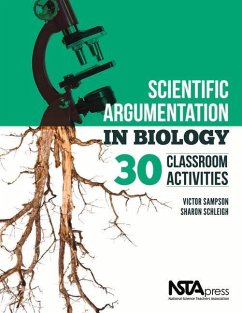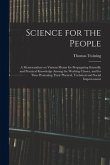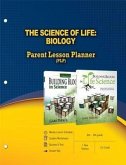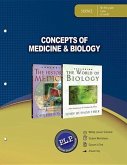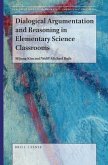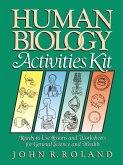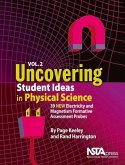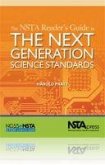Starts by giving you solid background in why students need to be able to go beyond expressing mere opinions when making research-related biology claims. Then it provides 30 field-tested activities your students can use when learning to propose, support, and evaluate claims; validate or refute them on the basis of scientific reasoning; and craft complex written arguments. Detailed teacher notes suggest specific ways to use the activities to enrich and supplement (not replace) what you're doing in class already.
Hinweis: Dieser Artikel kann nur an eine deutsche Lieferadresse ausgeliefert werden.
Hinweis: Dieser Artikel kann nur an eine deutsche Lieferadresse ausgeliefert werden.

